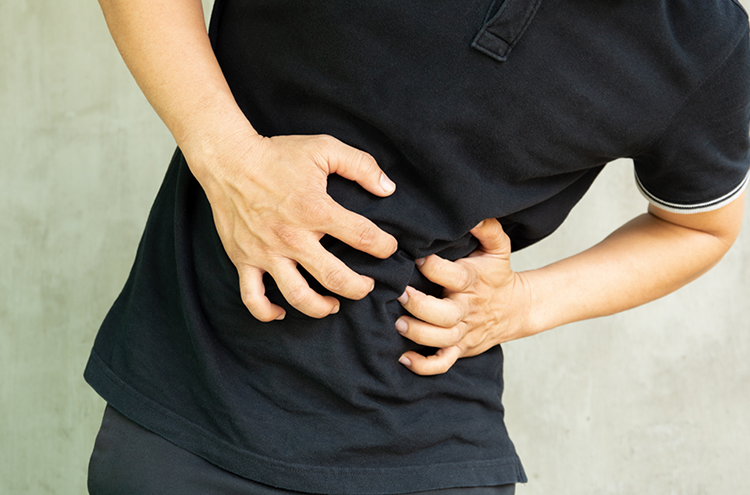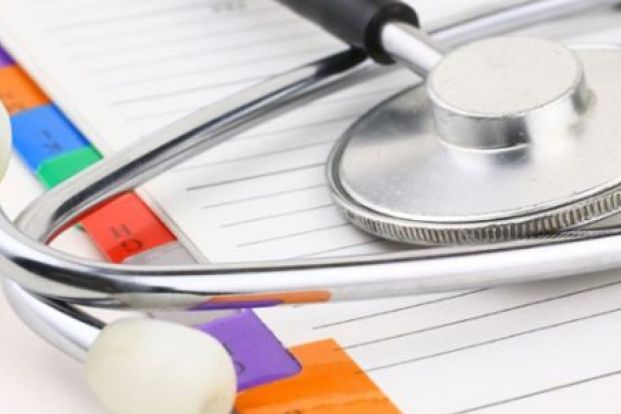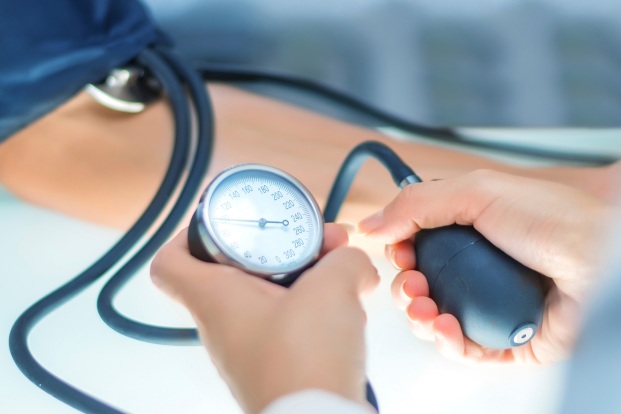Categories
- Bariatric Surgery (11)
- Black Fungus (5)
- Bone Marrow transplant (3)
- Brain Tumor Surgery Navigation Technology (20)
- Cardiac Surgery (66)
- Cardiology (97)
- Computer navigation technology for joint replacements (20)
- Covid Vaccination (17)
- Critical Care (2)
- Dental (19)
- Dermatology (31)
- Dialysis Support Group - “UTSAAH” (11)
- Dietitian (33)
- Emergency Medicine (4)
- Emotional Health (11)
- Endocrinology (33)
- ENT (20)
- Gastroenterology and GI Surgery (53)
- General and Laparoscopic Surgery (21)
- General Surgery (4)
- Gynecology & Obstetrics (183)
- Hematology (20)
- Internal Medicine (294)
- Kidney Transplant (50)
- Kidney Transplantation (20)
- Lung Cancer (8)
- Minimal Invasive Surgery (1)
- Mother & Child (20)
- mucormycosis (5)
- Nephrology (61)
- Neurology (147)
- Neurosurgery (68)
- Nutrition and Dietetics (107)
- Omicron Variant (1)
- Oncology (288)
- Ophthalmology (10)
- Orthopaedics & Joint Replacement (86)
- Paediatrics (59)
- Pediatric Nephrology (3)
- Physiotherapy (5)
- Plastic & Reconstructive Surgery (6)
- Psychiatry and Psychology (90)
- Psychologist (28)
- Pulmonology (72)
- Rheumatology (13)
- Spine Services (21)
- Transradial Angioplasty (16)
- Urology (84)
Query Form
Posted on Apr 19, 2022
How to prevent food poisoning
Food poisoning is a common problem but it’s also one that can often be prevented. Many cases are mild and you get better without treatment. But few cases may be so severe that you need to go to a hospital for treatment. To avoid getting a foodborne illness in the first place, there are some general guidelines to see
Wash your hands-Wash your hands thoroughly with soap and water (warm or cold) and dry them before handling food after handling raw food including meat, fish, eggs, and vegetables and after touching the bin, going to the toilet, blowing your nose or touching animals (including domestic pets).

Wash dishcloths-Wash dishcloths and tea towels regularly, and let them dry before you use them again. Dirty, damp cloths are the perfect place for germs to spread. Use separate chopping boards.
Use a separate chopping board– to make raw food, like as meat and fish. This is to avoid contaminating ready to eat foods with harmful bacteria that can be present in raw food before it has been cooked.
Keep raw meat separate– Especially important to keep raw meat away from preparing to eat foods like salad, fruit, and bread. This is because these foods won’t be cooked before you eat them, so any bacteria that get onto the foods from the raw meat won’t be killed. Store raw meat on the bottom shelf. Always pack raw meat and store it on the bottom shelf of the fridge, where it can’t touch or drip onto other foods.
Cook food thoroughly-Make sure poultry, pork, burgers, sausages, and kebabs are cooked until steaming hot, with no pink meat inside. Don’t wash raw meat (including chicken ) before cooking, as this can spread bacteria around your kitchen.
Keep your fridge below 5C-Keep your fridge temperature below 5C and use a fridge thermometer to check it. This prevents harmful germs from growing and multiplying.
Avoid overfilling your fridge – if it’s too full, air can’t circulate properly, which can affect the overall temperature.
Cool leftovers quickly-If you have cooked food that you’re not going to eat straight away, cool it as quickly as possible within 90 minutes and store it in the fridge or freezer. Use any leftovers from the fridge within 2 days.



